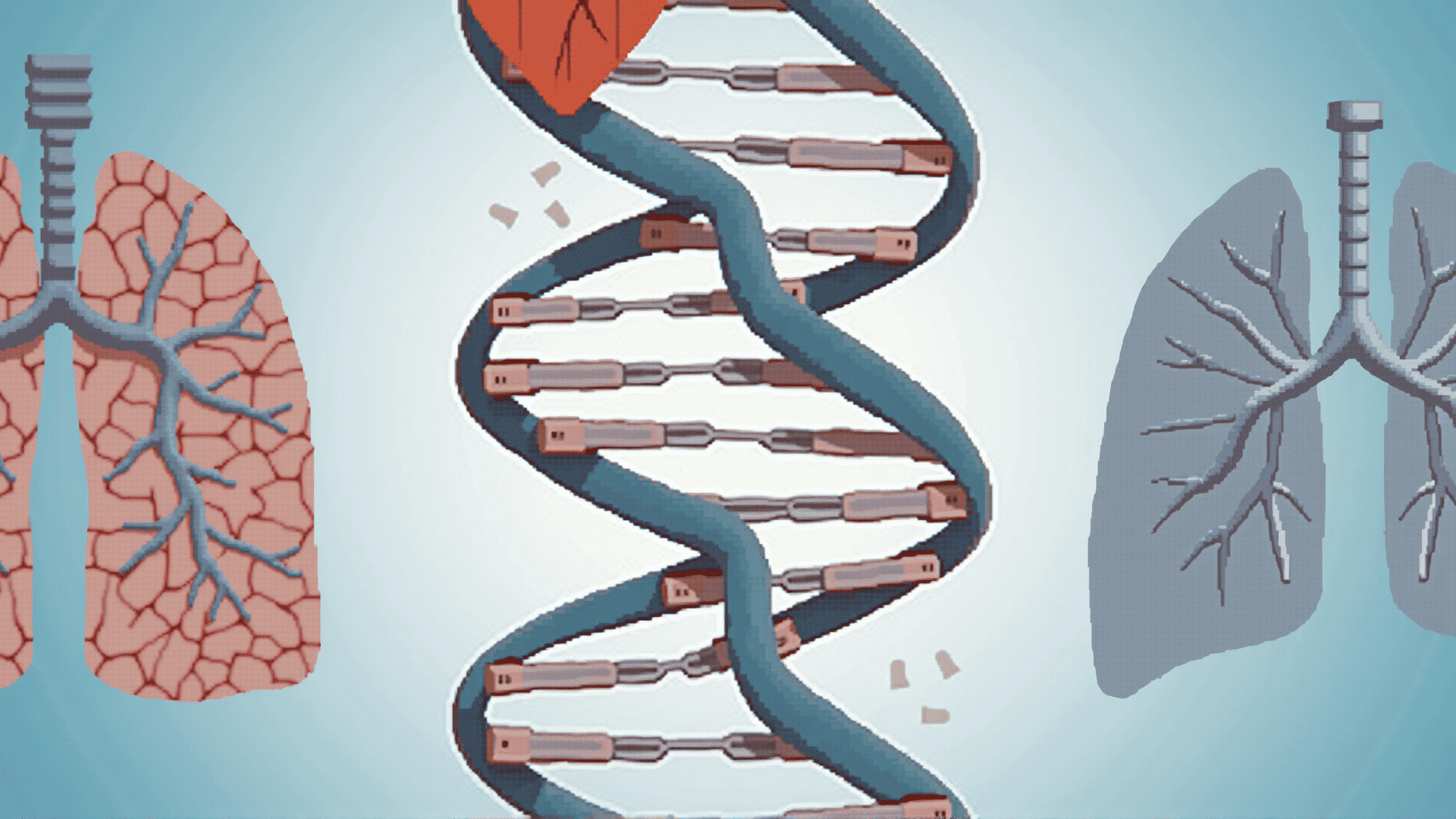In recent years, DNA testing has revolutionized the healthcare landscape by offering personalized insights into an individual's genetic makeup. This burgeoning field plays a pivotal role in understanding how our genetic blueprints can influence our health, potentially allowing for more informed and effective wellness decisions.
DNA testing provides a window into hereditary conditions, revealing inherent genetic predispositions that might otherwise remain hidden until manifesting as health issues. By analyzing an individual's DNA, healthcare professionals can identify potential risks for conditions such as heart disease, diabetes, certain types of cancer, and even rare genetic disorders. This proactive approach enables individuals to take preventative measures, engage in regular screenings, and adopt early intervention strategies, ultimately enhancing health outcomes.
Moreover, DNA testing offers the promise of personalized medicine, a tailored approach to healthcare that considers an individual's unique genetic profile. This can significantly impact treatment plans, particularly for conditions like cancer, where targeted therapies are developed based on specific genetic mutations. The ability to match patients with the most effective treatments not only improves recovery rates but also reduces the likelihood of adverse reactions—a common challenge in traditional medicine.
Beyond disease prevention and treatment, DNA testing offers practical lifestyle insights. Genetic testing can provide information on how one's body might respond to certain foods or exercise regimens, facilitating customized diet and fitness plans. For instance, some individuals may discover that they have a genetic predisposition to lactose intolerance or a slower metabolism, leading to personalized dietary adjustments that optimize nutrition and overall health.
However, the impact of DNA testing on personal health is not without challenges. Ethical concerns regarding privacy and data security are paramount, as personal genetic information could potentially be misused by third parties. It's essential for individuals to consider these factors and choose reputable testing services that guarantee confidentiality and data protection.
Furthermore, the psychological effect of receiving genetic information must be handled with care. While knowledge of genetic predispositions can empower individuals to make proactive health decisions, it can also lead to anxiety or unfounded fears about potential health risks. Genetic counseling is often recommended to help interpret test results and provide support in understanding their implications.
In conclusion, DNA testing has a profound impact on our understanding of personal health, offering insights that can guide preventative measures, personalized treatment plans, and lifestyle adjustments. As the technology continues to evolve, it holds the potential to refine our approach to healthcare, making it more targeted, efficient, and ultimately more effective. However, individuals must navigate this powerful tool thoughtfully, balancing the benefits with considerations of privacy and emotional well-being.
